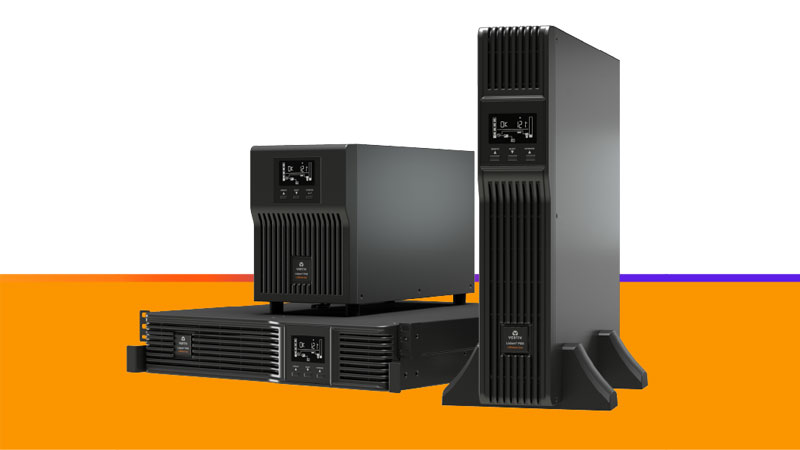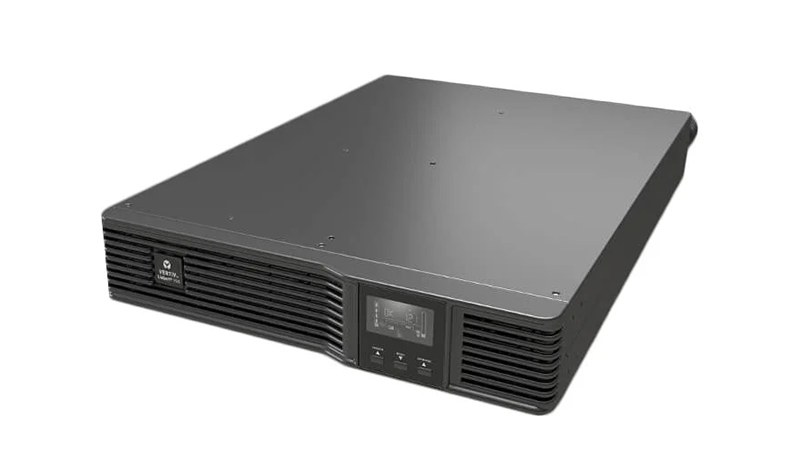Uninterruptible power supply (UPS) systems with lithium-Ion (Li-ion) batteries have become increasingly popular in the data center — and with good reason. When compared to valve regulated lead–acid (VRLA) batteries, Lithium-ion UPS batteries last 2-3 times longer, which saves on replacement costs and operational disruptions. Li-ion batteries also have a higher energy density, resulting in a 50% to 75% reduction in footprint that can be utilized to add servers and other IT equipment or to reduce facility construction costs.
Skepticism surrounding lithium-ion battery recycling
However, Li-ion batteries face one particular disadvantage compared to their VRLA counterparts: misconception surrounding their recycling capabilities. Despite surging demand across the globe for more Li-ion batteries, many organizations are skeptical about the costs, sustainability and viability of recycling Li-ion. The common belief is that most Li-ion batteries end up in a landfill or recycled in a way that melts everything down and leaves everything but the reclaimed metals totally unsalvageable.
Why Lithium-ion battery recycling is possible
While this process may have been the case several years ago, several new companies are using recycling processes that recover more of the valuable elements in the battery while minimizing or eliminating waste byproducts. These companies provide a viable option for recycling Li-ion batteries sustainably, and the value of those salvaged elements found in the batteries have potential to offset the overall costs of the recycling process. As technology processes mature, it’s only a matter of time before Li-ion recycling becomes profitable, sustainable and convenient for all the involved stakeholders.
In our infographic, “Fiction Versus Fact: Lithium-Ion UPS Battery Recycling,” we address these and other misconceptions, including:
- The process of recycling a Lithium-ion battery is inefficient.
- Recycling Lithium-Ion batteries is not worth the costs.
- Lithium-ion battery recycling is many years away from being viable.
Click here to download the infographic.
To learn more about Li-ion battery recycling and the major players helping to improve the recycling process, download our white paper.




